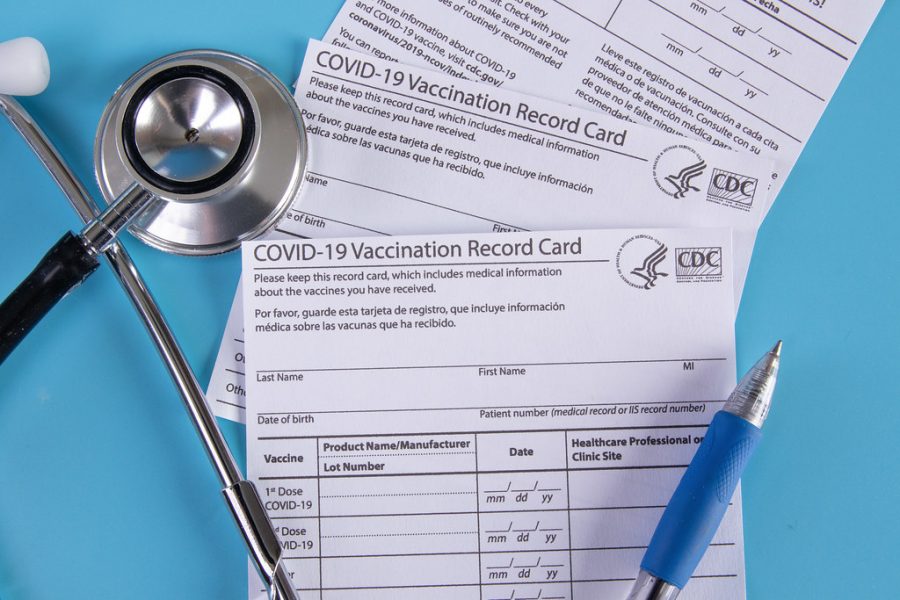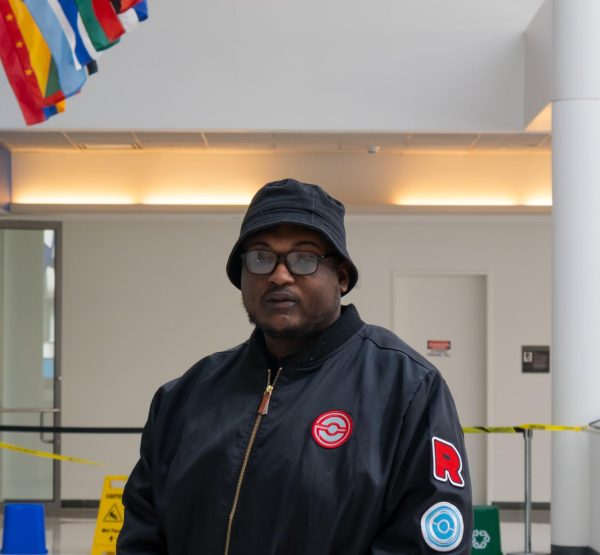Vaccine cards can be fodder for scammers, experts say
April 10, 2021
With the COVID-19 vaccination rollout steadily progressing in the United States, a popular trend of taking selfies with the vaccination cards is also spreading across social media.
A recent report by The New York Times mentioned that experts warned that personal information on the COVID-19 vaccination cards could potentially be used against people in crimes such as identity theft or scams.
“Unfortunately, your card has your full name and birthday on it, as well as information about where you got your vaccine,” the Better Business Bureau said.
“If your social media privacy settings aren’t set high, you may be giving valuable information away for anyone to use.”
Vaccination cards are proof that a person has obtained one of the available COVID-19 vaccines. The card serves two purposes: to remind the time of the second vaccine appointment and to show proof that a person has been vaccinated.
The Federal Trade Commission echoed the danger of taking a picture of the vaccination card, saying,“You’re posting a photo of your vaccination card on social media. Please — don’t do that! You could be inviting identity theft.”
Maneesha Mithal, the associate director of the Federal Trade Commission’s Division of Privacy and Identity Protection, said that scammers are able to find out a social security number through a person’s date and place of birth.
“Identity theft is like a puzzle, made up of pieces of personal information,” Mithal said to The New York Times. “You don’t want to hand over to identity thieves the pieces they need to complete the picture. One of those pieces is your date of birth.”
Posting one’s full name on social media may not have a significant risk, but sharing other information could prove to be dangerous.
“While it may be tempting for many to share their official COVID vaccination record, there are certainly risks involved. Before posting a photo of your vaccination card on social media, people should understand those risks,” Poorya Sabounchi, the chief operating officer of ixlayer, a medical testing platform for physicians, said to Healthline.
Samantha Murphy Kelly wrote in a CNN business article that despite the security risk in posting vaccination cards on social media, the celebratory factor of achieving vaccinated status should not diminish. Instead of posting the card, the vaccine stickers that are given to people at vaccination sites are safer to share as they show the same message as the cards.
“That’s not to say people should curb celebrating the vaccine on social media all together. More secure options include cropping out details on a card or opting for a selfie instead,” Kelly wrote.
“Some vaccine sites are handing out stickers, much like the ones voters receive at Election Day polls. Snapping a photo while wearing the sticker gets the same message across without the security risk.”








